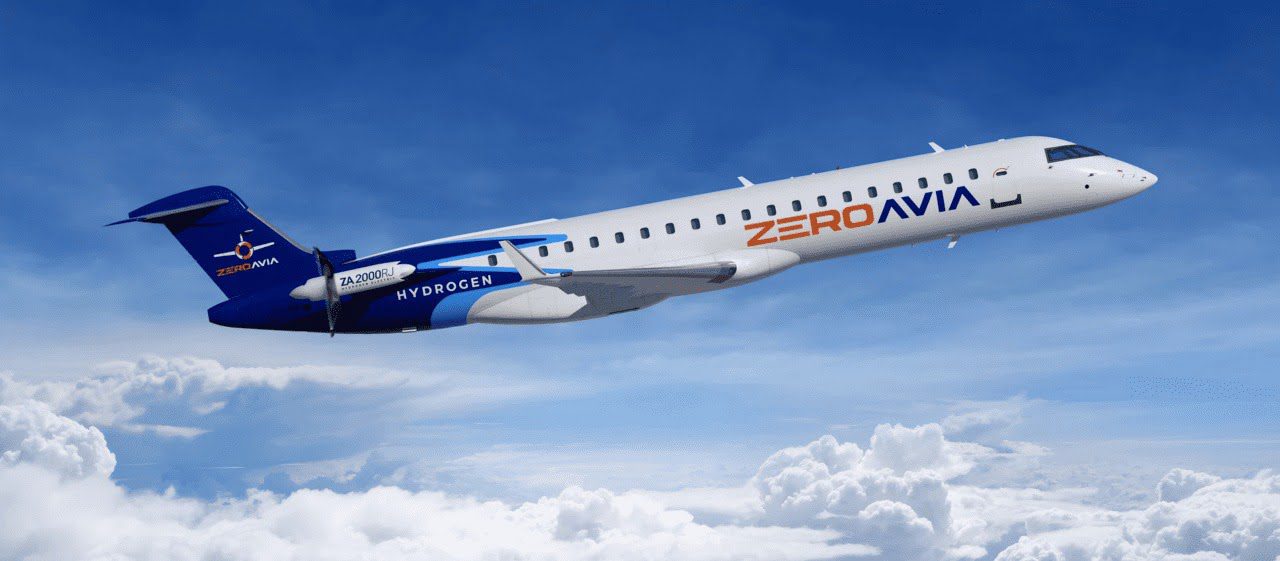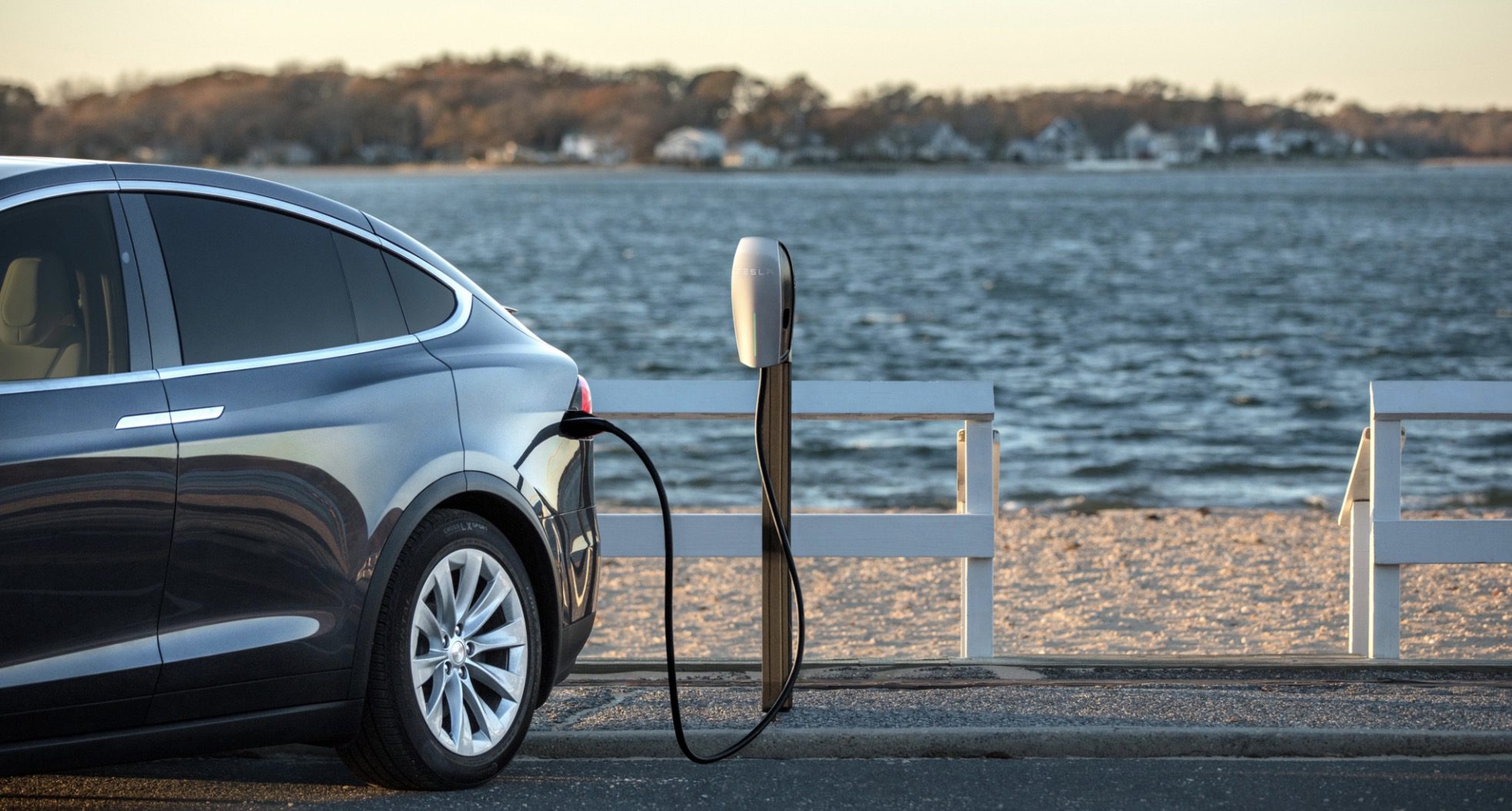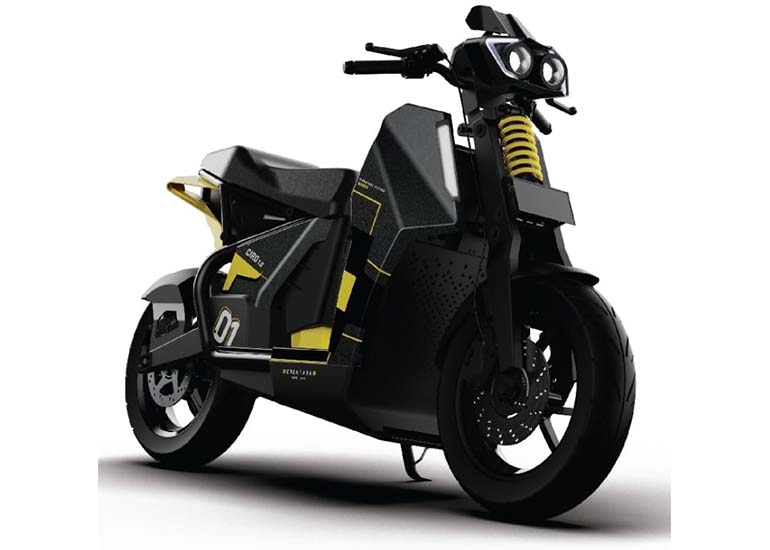Table of Contents
In the relentless pursuit of mitigating climate change, the concept of carbon credits has emerged as a pivotal mechanism, engaging diverse organizations across the globe. This breakdown sheds light on key entities categorized by their roles in carbon credit generation, encompassing project developers, technology giants, standard developers, international organizations, and independent developers.
As our awareness of the environmental impact of human activities deepens, understanding the significant players actively contributing to carbon credit initiatives becomes crucial. From bamboo forestry projects in Brazil to the renewable energy endeavors of tech giants, each organization plays a unique role in the intricate web of carbon credit generation. This exploration aims to provide insights into the diverse landscape of efforts aimed at fostering a sustainable and low-carbon future.
Project Developers:

- EcoPlanet Bamboo: A Brazilian company specializing in bamboo forestry, EcoPlanet Bamboo spearheads extensive projects, generating substantial carbon credits through sustainable bamboo cultivation and management.
- Gold Standard: While primarily a certification standard, Gold Standard actively develops and implements high-quality carbon offset projects globally. Their efforts contribute significantly to the creation of large volumes of carbon credits.
- CDM Approved Gold Standard: This collaborative entity combines the strengths of the Clean Development Mechanism (CDM) and Gold Standard, focusing on large-scale renewable energy and efficiency projects in developing countries to generate significant carbon credits.
- The REDD Project: An Indonesian initiative concentrating on rainforest conservation and sustainable forest management, The REDD Project achieves verified emission reductions through deforestation prevention, leading to the generation of carbon credits.
- TerraCarbon: Headquartered in the United States, TerraCarbon specializes in the development and management of renewable energy, forestry, and agricultural projects, contributing to the generation of carbon credits across various sectors.
Technology Giants:

- Shell Renewables & Energy Solutions: As a major player in the energy sector, Shell’s commitment to renewable energy translates into the development of large-scale wind and solar projects, generating millions of carbon credits for offsetting and trading.
- Microsoft: Despite its tech focus, Microsoft invests heavily in renewable energy projects through its cloud data centers, resulting in the generation of significant carbon credits aligned with its carbon neutrality goals.
- Google Carbon Neutral: Google’s internal initiative invests in renewable energy, forestry, and other emissions reduction projects, generating carbon credits for its carbon neutrality journey.
Standard Developers and Registries:

- Verified Carbon Standard (Verra): A prominent standard, Verra develops robust methodologies for carbon offset projects, indirectly contributing to increased credit generation through its certified projects.
- American Carbon Registry (ACR): Similar to Verra, ACR establishes and verifies carbon offset project methodologies, indirectly contributing to credit generation through its registered projects.
- Climate Action Reserve (CAR): Based in California, CAR focuses on high-quality projects within its cap-and-trade program, resulting in substantial credit generation within the state.
International Organizations:

- World Bank BioCarbon Fund: A World Bank initiative, the BioCarbon Fund supports deforestation reduction and sustainable forest management projects in developing countries, generating carbon credits through verified emission reductions.
- UN-REDD Programme: The United Nations program, UN-REDD, aids developing countries in achieving sustainable forest management and reducing carbon emissions, leading to significant credit generation through REDD+ projects.
Independent Developers:

- BioFixe: A Brazilian company focusing on biomass-based projects, including biochar production and sustainable land management, BioFixe generates carbon credits through innovative approaches.
- Plan Vivo: An international organization supporting farmer-led reforestation and land management projects, Plan Vivo contributes to credit generation through verified carbon sequestration on small-scale farms.
- ICCO Foundation: A Dutch development NGO, ICCO Foundation implements various renewable energy and energy efficiency projects in developing countries, generating carbon credits as part of its sustainable development efforts.
As we navigate the complexities of a rapidly changing climate, the role of organizations in generating carbon credits emerges as a critical force for positive change. From innovative projects in sustainable forestry and renewable energy to the commitment of technology giants and international institutions, the diverse spectrum of contributions is shaping a landscape where carbon offset initiatives are more robust than ever. Yet, amidst these efforts, challenges like additionality, permanence, and market volatility persist, demanding ongoing attention and solutions. Through the collective endeavors of these entities, a narrative of global collaboration, sustainable development, and environmental responsibility unfolds. The breakdown of these key players offers a glimpse into the dynamic world of carbon credit generation, illustrating the multi-faceted approach required to address the urgent needs of our planet and forge a resilient path toward a greener future.






















Leave feedback about this